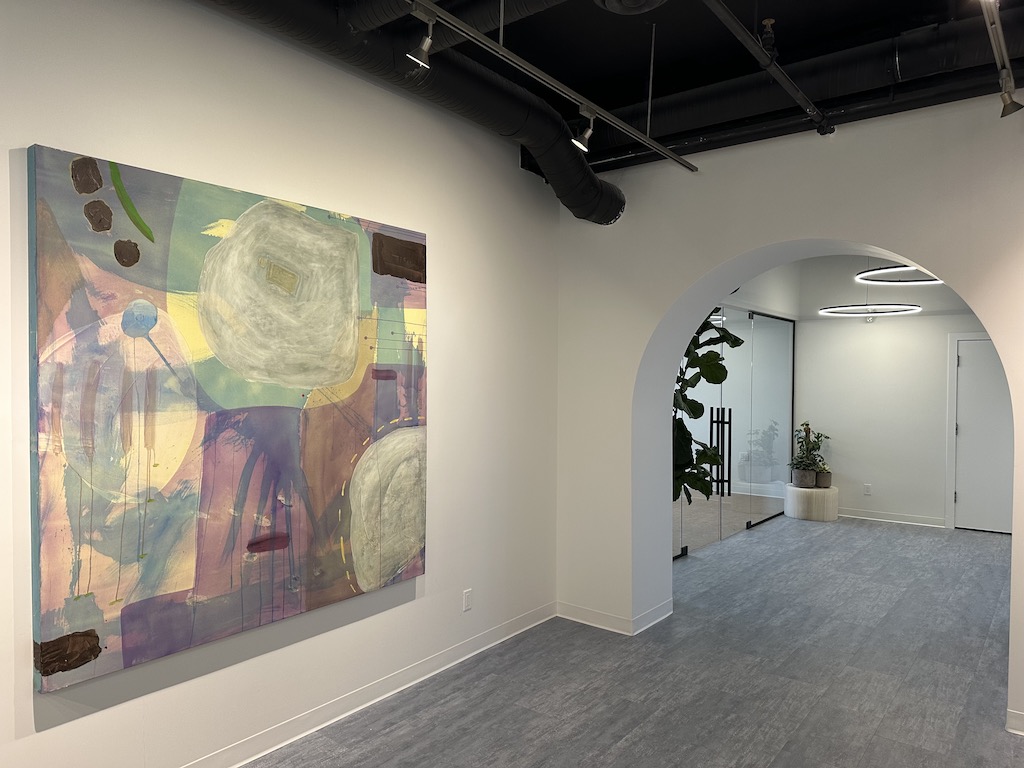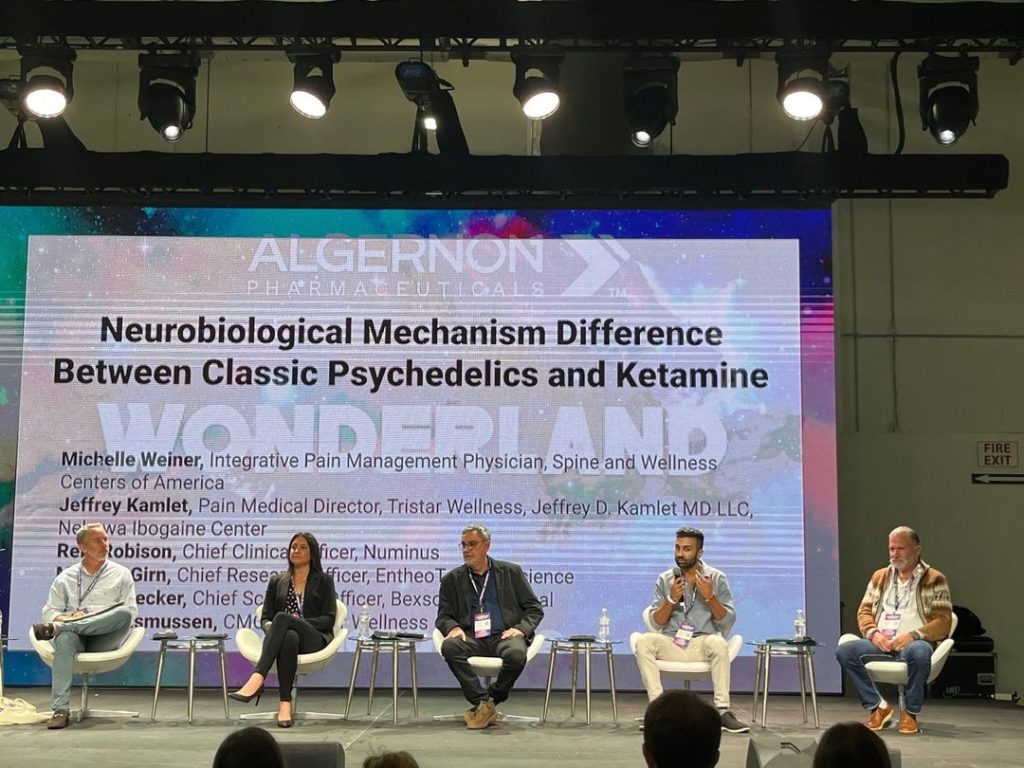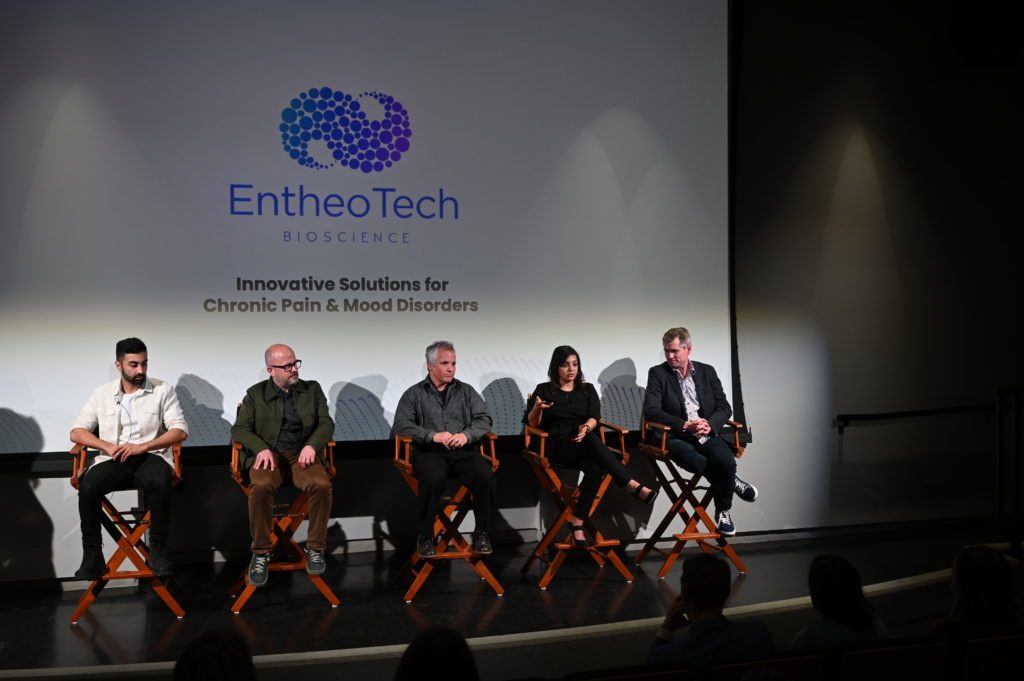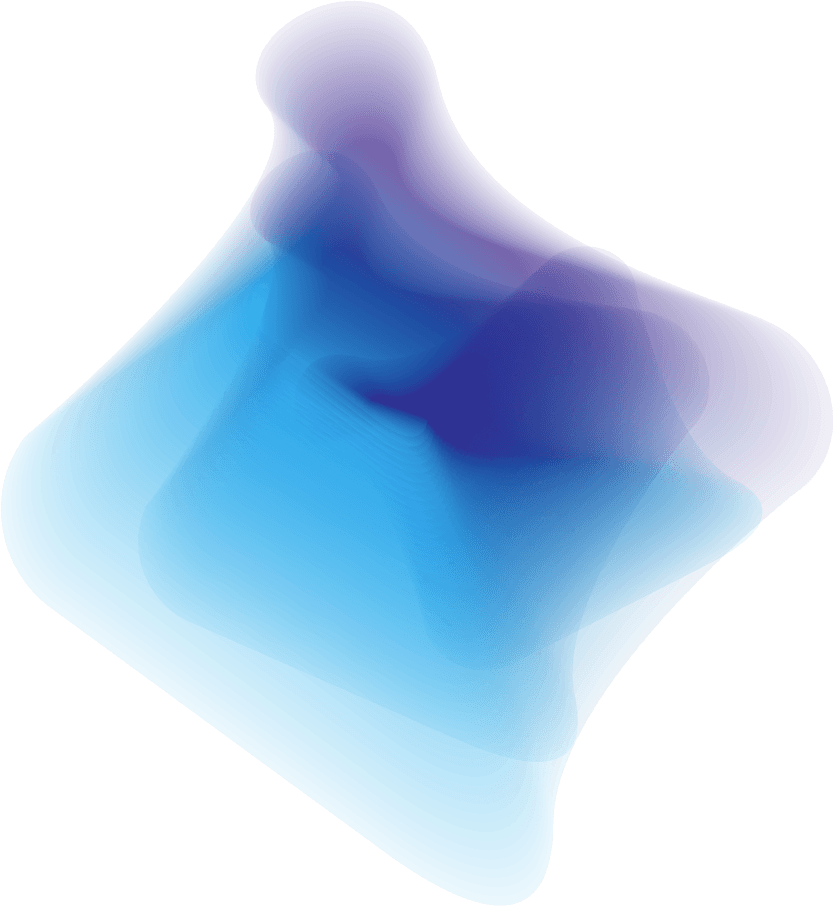When I was diagnosed as depressed in 2015, the only treatment suggested to me by my psychiatrist was medication and some informal talk therapy. I needed help. I was having panic attacks at night. I was addicted to amphetamines, weed and alcohol. I was avoiding work, broke, and full of self-hatred. While the medication was helpful for a time, it did nothing to help me address any of the other factors that were causing my depression. Out of desperation I tried everything under the sun: psychedelics, cognitive and behavioural therapies, breathwork, taking action, affirmations, and meditation.
It worked.
I was able to recover from my depression because I stumbled upon a hidden truth: therapy is more effective when it targets multiple factors, such as biology and behaviour and thoughts. In most situations, however, people receive much more limited therapy, which has been shown to be less effective.
The Cobweb of Mental Illness
Mental illness is complex. It touches our mind, our body, our social lives. It is impacted by our genes, our diet, our environment and our behaviour.
Consider just a few of the factors involved:
Cognitive: Negative, recurring thinking like “I’m worthless”
Behavioural: Avoiding exercise, spending too much money, addictions
Cultural: Cultural values, such as feeling pressured to move out and succeed at an early age (North America), or to comply with gender roles (Latin America, elsewhere)
Developmental: Developmental delays, childhood trauma
Biological: Heart rate, diabetes, physiological disease, or illness
There are other important factors — genetic, social, neurological, socioeconomic, environmental, spiritual — which can all play critical roles in recovery. The cost of ignoring an important factor may mean the client only sees a short-term remission of symptoms, instead of a long-term improvement.
One of the best modern therapies, Cognitive Behavioural Therapy (CBT), targets negative thinking patterns — one factor. When CBT is combined with even just one other factor, such as accounting for culture, it becomes much more powerful. CBT that was culturally adapted to Chinese values resulted in significantly better outcomes for Chinese patients¹. Similar noticeable improvements were also found for therapies which adapted to cultural differences in ethnic minorities or religions² ³.
There is further evidence that multi-factor treatments are often more effective: therapies that combine behavioural therapy and cognitive therapy and medication often have better results in treating depression, anxiety and other mental illnesses⁴⁵ ⁶.
So given how powerful multi-factor treatments are, why is it that so much of modern therapy fails to go beyond just one or two factors?
Integral Therapy
The solution to this division in psychology is integral (multi-factor) therapy, like EntheoTech’s Odyssey Method. The Odyssey Method (OM), unlike traditional fields of therapy, combines existing techniques and tools to offer a more powerful therapy. That way, the most important factors in mental health (thoughts, feelings, physical health, behaviour patterns, developmental traumas) can all be addressed — instead of just one or two.
For example, OM for depression might use ketamine treatment to address the actual feelings of depression, mindfulness-based cognitive therapy to address negative thinking patterns, behavioural therapy to help with procrastination and avoidance, medication to increase serotonin levels, cultural adaptations to help personalize the entire therapy for the patient, and Somatic Experiencing Therapy to address internalized trauma.
As more research is done in this space, there is gathering evidence that integral therapies like the Odyssey Method are the future of mental health, promising significant advantages over the traditional approach.
Advantages of the Odyssey Method
More inter-connected: One of the biggest strengths of integral therapies, like OM, is that they are inter-disciplinary. Unlike many current therapists who mostly focus on their own branch of therapy, the Odyssey Method combines multiple different branches of therapy and medicine together, like the conductor of an orchestra. Instead of just a single instrument, you hear a symphony. OM harnesses the best tools from each domain (neuroscience, family therapy, etc.) and organizes them together to provide maximum therapeutic benefit.
Clearer understanding: The Odyssey Method allows an easier and more comprehensive understanding of the variables impacting mental wellness. Questions which have normally been difficult to answer in therapy now have much easier answers: What factors are important to target? What tools can be combined effectively? How does my client’s worldview, culture, family life or environment impact the therapy? What other specialists and resources should I connect them with to increase the efficacy of treatment?
Better outcomes: As already seen, clients who receive therapies which target multiple factors have better outcomes. Targeting cognitive and cultural and socioeconomic and worldview and behavioural issues is often more effective than just targeting one.
Easier to research: In contemporary psychology, the segregation of different fields and the subjective, personalized needs of every client often forces the therapist to develop their own brand of assessment and treatment. This makes it difficult to do science — how do you compare one brand of CBT to another? This is a critical obstacle which the Odyssey Method solves. Now, therapists can still tailor their therapy to individual clients, but in a way that allows easier data collection, research, and information sharing with other fields.
New developments in other fields can also be much more easily imported into integral therapy. New tools or techniques can be included in the OM toolbox when the therapist is deciding on best treatment modalities.
High tech: Ketamine, an anesthetic drug, was reported to have powerful effects for treating depression twenty years ago. Since then, the research has proved more and more promising. When administered intravenous ketamine, a majority of people with treatment-resistant depression experience relief from depressive symptoms within hours⁷.
Moreover, because ketamine is a psychedelic, the risk of a traumatic experience (a “bad trip”) is minimized when administered in a safe space with a clinical team trained to help patients positively navigate the psychedelic experience.
The Odyssey Method does exactly that: creates and sustains a safe, medically-informed framework to allow patients who receive ketamine to interact with the experience to produce lasting benefits, while minimizing risks.
In Conclusion
This organization of multiple treatment modalities, connected together, is what allows integral therapies like the Odyssey Method to be so powerful. Not only can patients experience immediate relief, but they can sustainably improve and maintain mental and physical wellness.
I am very optimistic about the future of mental health. I know how debilitating and life-draining mental illness can be. And I also know that anyone can overcome depression or anxiety. Despite the five-fold increase in mental illness since the 1950s and the segregation between different fields of psychology, mental health awareness is higher than ever before. Stigma is lower. The new developments in mental health tools and specialized knowledge, as integrated into the Odyssey Method, promises the powerful treatment that mentally ill people need and deserve.
Written by Eric Laycock for EntheoTech
REFERENCES
(1) The efficacy of cognitive behavioral therapy for Chinese people: A meta-analysis
(2) Culturally adapted psychotherapy and the legitimacy of myth: A direct-comparison meta-analysis.
(3) Effectiveness of religiously tailored interventions in Christian therapy
(4) A Meta-Analysis of the Effect of Acceptance Commitment Therapy on Obsessive-Compulsive Disorder
(7) Ketamine: A Paradigm Shift for Depression Research and Treatment














